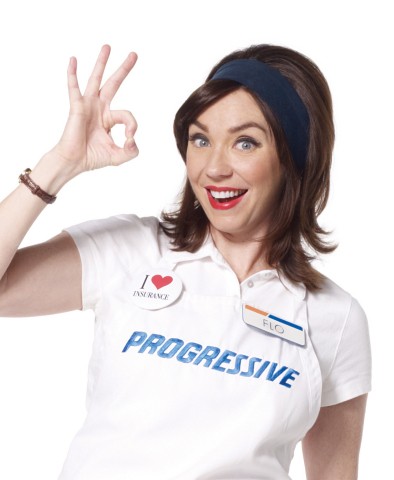The 3 Main Types of Commercials
Commercial actors can benefit from understanding the distinctions
(by Javier Guerra)

A commercial is a commercial is a commercial. They’re all the same, right? Except, they are not.
Advertisers use different strategies and techniques to sell their products, based on the objective they wish to achieve. For instance, the company’s goal might be to help consumers understand how to use their product. Or, the goal might be to show how their product can solve a customer’s unique problem or how it can improve their lives. Commercial actors can benefit from understanding these distinctions.
Understanding what type of commercial you are auditioning for helps you plot a winning strategy to book the role.
Here are the three main types of commercials you might audition for:
#1: Spokesperson

A spokesperson spot is just as the title suggests. A brand will choose an actor or celebrity to be their spokesperson for that spot and, possibly, for future spots. In this type of commercial, the goal is relatability. The advertiser usually seeks an actor with a friendly, trustworthy face; one that its target audience can relate to, identify with and be influenced by.
Think of some of the “characters” you’ve seen in television, like “Jake” from the State Farm commercials, “Flo” from the Progressive Insurance spots or the “Can you hear me now?” guy from the Verizon Wireless commercials. These could all be classified as spokesperson spots.
Testimonials
Testimonials are another form of a spokesperson spot. In a testimonial, an advertiser will use an actor or, in some cases, a real person who will “testify” that they have used the company’s products and have seen a dramatic improvement in their quality of life.
Testimonials are one of the more effective ways to advertise, even when the person giving the “testimony” is a paid actor reading from a script, as long as the testimony is believed to be authentic.
#2: Problem/Solution
In a Problem/Solution spot, the advertiser’s goal is to demonstrate how their product can solve a specific problem better than their competitors.
The advertiser introduces a specific problem that many people in its target audience can recognize as a problem they experience in their own lives. Then, the advertiser demonstrates to the audience exactly how their product can solve this problem effectively.
An example of this would be a paper towel commercial. An actress attempts to wipe up a spill made by her new baby. She wipes and wipes, using the inferior brand, yet the spill is not absorbed. But when she uses, say, Brawny paper towels, the spill is quickly absorbed and her problem is solved.
#3: Slice-of-Life
In a slice-of-life commercial, the advertiser’s goal is to tell a believable story while demonstrating how their product can make a real difference in people’s real lives.
In slice-of-life commercials, actors often don’t have speaking roles. Instead, a narrator speaks while the actors go about their make-believe lives, which are improved thanks to their use of the advertiser’s product or service.
Pharmaceutical companies and automobile companies use this type of spot to great effect. A narrator introduces a new line of Ford trucks, for example, while a relatable actor uses the vehicle in real-life situations, such as hauling wood or driving off-road.
Understanding these distinctions will help you strategize what to emphasize, what to wear, what to say and how to say it.
Understanding the type of commercial you are auditioning for, and understanding what the advertiser hopes to achieve, can help give you a better understanding of how to approach your audition.
You might, for instance, make an extra effort to be well-groomed, likeable and relatable when auditioning for a spokesperson spot. Or, you might plan to be super enthusiastic about the brand’s ability to solve your problem, when auditioning for a problem/solution spot.
Understanding these distinctions will help you strategize what to emphasize, what to wear, what to say and how to say it.
You Might Also Like:
How to Sell Yourself in 10 Seconds or Less



